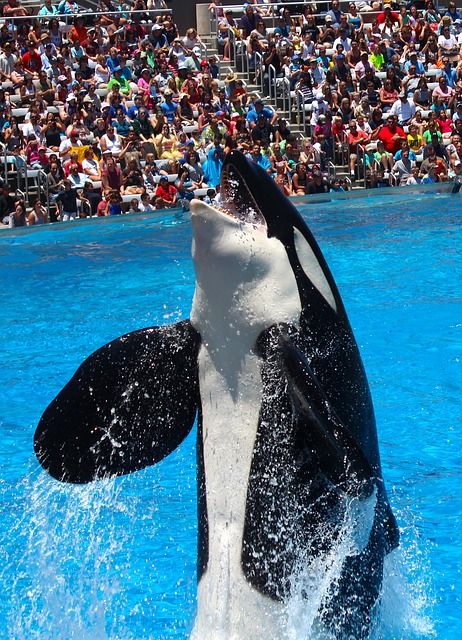
Transparency campaigns have become a popular strategy for companies in trouble. Several brands suffering through bad public perception, including McDonald’s and comedian Bill Cosby, have used this tactic, including hashtags, as a means to track conversations with a skeptical public.
This bold strategy affords brands the opportunity to diffuse negative speculation, but also carries the high risk of receiving the opposite of its intended response and could end up doing more harm than good. McDonald’s, with its #McDStories campaign, and the Bill Cosby-skewering #CosbyMeme hashtag, are but two examples of these strategies gone awry. The most recent example of this reputation management attempt gone off-the-rails is the #AskSeaWorld campaign.
After the release of the 2013 documentary, Blackfish, which called into question SeaWorld’s treatment of captive killer whales, SeaWorld’s stocks dropped, as did attendance at its once popular aquatic adventure parks in Florida, California and Texas. In hopes of improving its reputation and changing the public’s opinion, SeaWorld launched a multi-million dollar campaign, which kicked off with #AskSeaWorld.
#AskSeaWorld became a trending topic on Twitter; however, it wasn’t because the campaign was going well. Questions and accusations came flooding in and let’s just say things got interesting. After being berated, SeaWorld’s social media team ended up getting a little sassy and failed to respond to several questions, causing the whole plan to crumble. This is just one of many PR missteps SeaWorld has made in the last year and a half.
The rest of SeaWorld’s reputation management campaign includes print placements, national TV buys and YouTube videos addressing the “unfair criticism” they have received from the Blackfish documentary. Let’s hope those go better than their latest social media attempt.
Further Reading:
